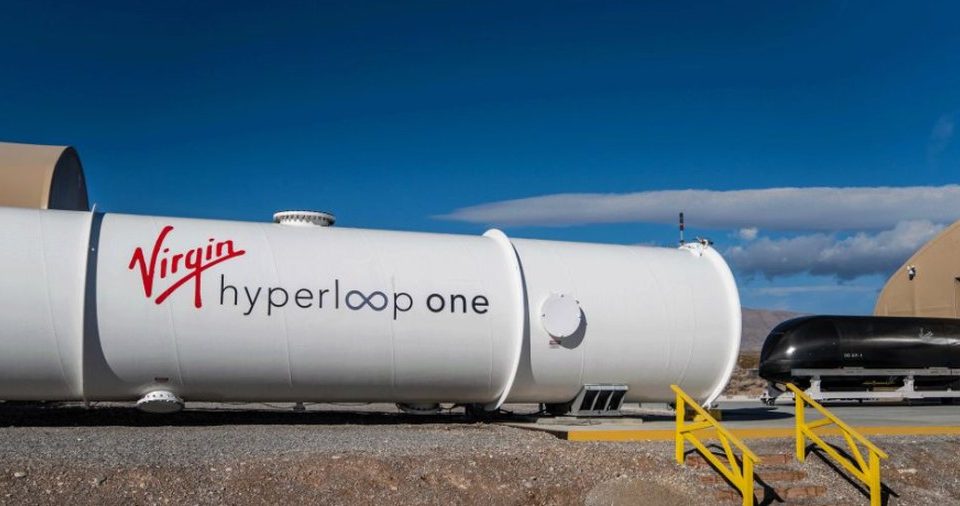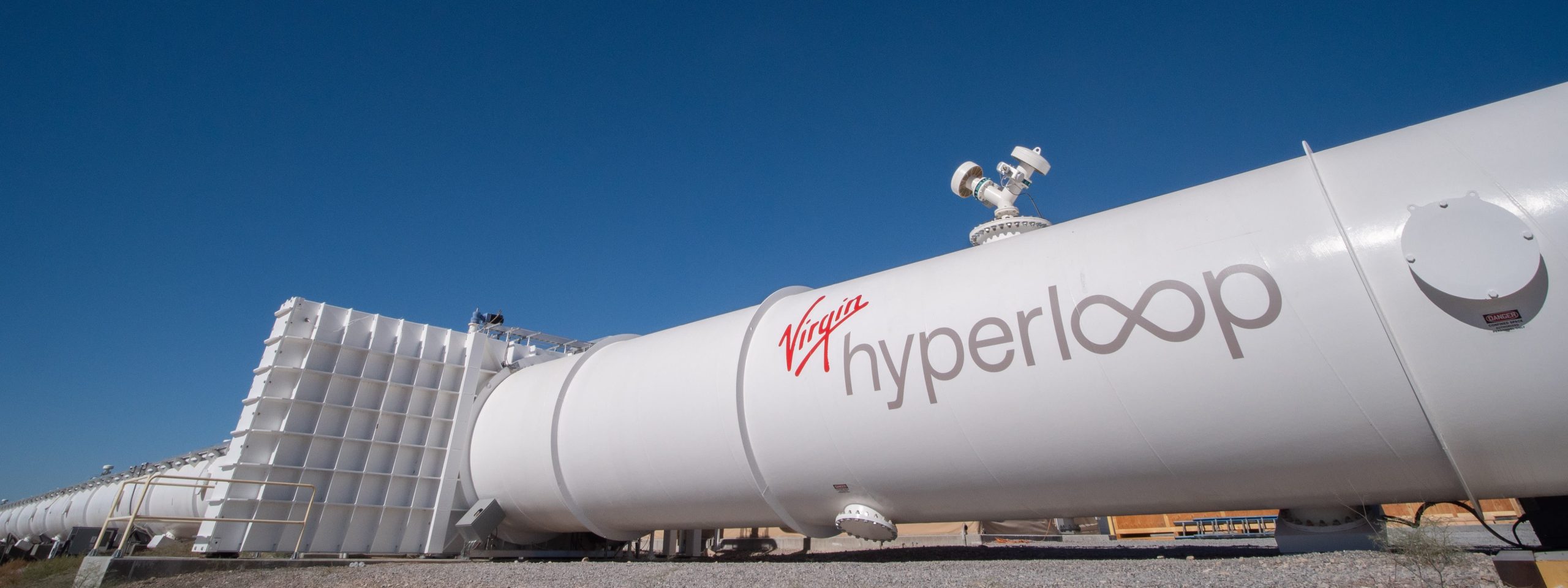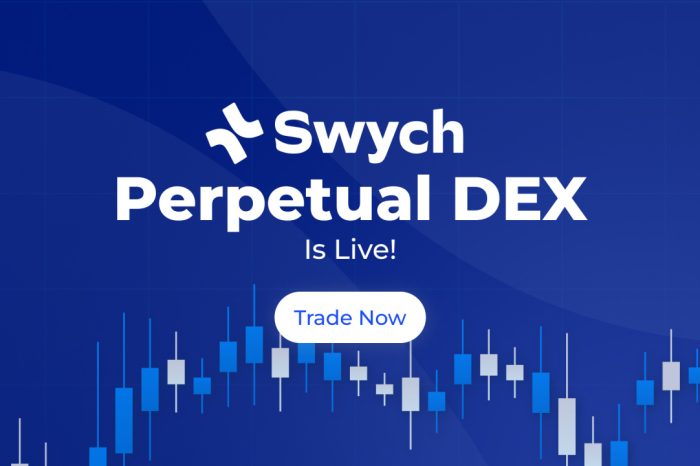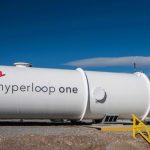Hyperloop One Shuts Down: Virgin-backed futuristic startup Hyperloop One’s rocky ride ends with shutdown

Hyperloop One’s grand vision to revolutionize transportation has come to an unexpected end. The Virgin-backed futuristic startup, which aimed to usher in the next era of high-speed transit across the US, reportedly faced financial challenges, marking the end of its journey from supersonic speeds to an abrupt stop.
According to a recent Bloomberg report, Hyperloop One, known for its tube-encased lines aiming to transport passengers and freight at airplane-like speeds, is shutting down, citing sources familiar with the matter.
Insiders revealed to Bloomberg that only a handful of Hyperloop One employees remain, tasked with liquidating the startup’s assets, including a test track near Las Vegas and heavy equipment. The remaining workforce, reduced after a 2022 layoff of 200 employees and the closure of its Las Vegas headquarters, is set to be terminated by December 31.
“Hyperloop One, the futuristic transportation company building tube-encased lines to zip passengers and freight from city to city at airplane-like speeds, is shutting down, according to people familiar with the situation,” Bloomberg reported.
Once a high-profile startup, Hyperloop One raised over $450 million since its inception in 2014, according to PitchBook. The company had a test track near Las Vegas and briefly adopted the name Virgin Hyperloop One when Richard Branson’s Virgin invested. However, the branding was removed after the startup shifted its focus from passenger transport to cargo.
Despite being initially backed by Virgin Group, Hyperloop One found itself in financial trouble. Its promises of sustainable high-speed transportation were made during a period of easy money when interest rates were at historic lows.
As reported by Bloomberg, Dubai port operator DP World now holds a majority stake in Hyperloop One, and all intellectual property from the startup will reportedly be transferred to DP World.
In April, Bloomberg obtained a document revealing that Hyperloop One merged with a shell company, resulting in shares being written down to zero. This strategic move allowed shareholders of the shell company to take control of Hyperloop One. Employees were informed that DP orchestrated the transaction, according to a source.

Image Credits: Virgin Hyperloop One
Hyperloop represents a groundbreaking form of ground transportation, envisioning passengers traveling at speeds exceeding 700 miles per hour within a floating pod that navigates through massive low-pressure tubes, situated either above or below ground.
In contrast to conventional transportation methods, the hyperloop capsules transporting passengers move through nearly airless tubes or tunnels, minimizing friction and enabling speeds of up to 750 miles per hour. Notably, the hyperloop boasts energy efficiency superior to trains or airplanes and operates entirely on renewable electricity, resulting in zero CO2 emissions.
The concept originated from the mind of Elon Musk, CEO of Tesla, in 2012. Musk introduced the idea as part of his ambitious venture to establish high-speed underground transportation systems in densely populated urban areas. By August 2013, Musk, also at the helm of SpaceX and Tesla, released a white paper detailing the hyperloop—a rapid passenger train designed to levitate above its track using air bearings within an enclosed low-pressure tube, effectively overcoming traditional friction challenges.

